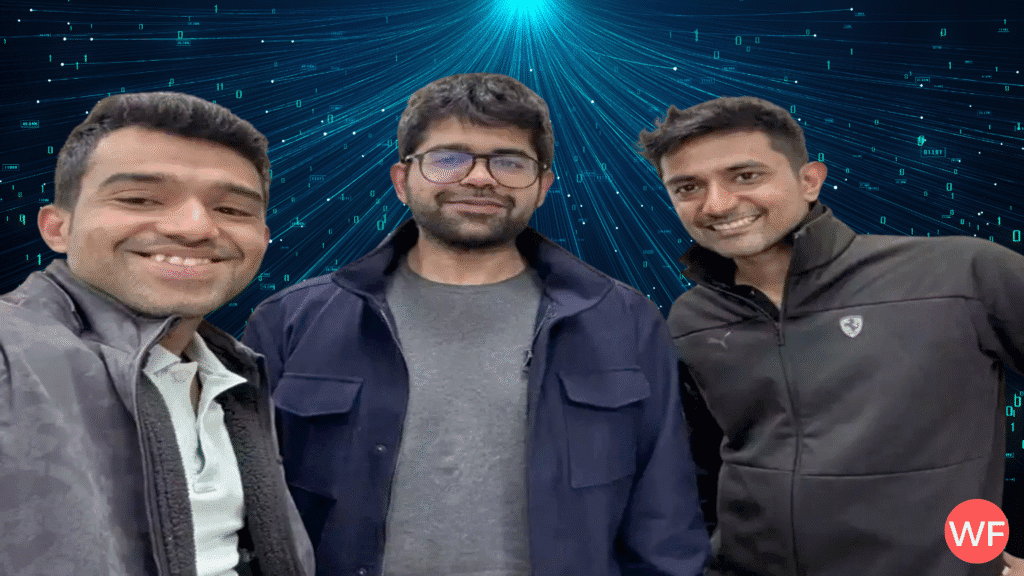Bengaluru, July 31, 2025 — Astra, an enterprise AI startup backed by Perplexity CEO Aravind Srinivas, has officially shut down operations after nearly two years in business. Co-founder and CEO Supreet Hegde cited internal misalignment and external enterprise trust barriers as the key reasons behind the difficult decision.
🔗 Source
What Astra Promised to Deliver
Founded in 2023 by IIT Madras alumni Supreet Hegde and Ranjan Rajagopalan, Astra positioned itself as the “Chief-of-Staff for every Account Executive,” offering AI-driven workflow automation for sales teams. The product aimed to automate up to 80% of routine sales tasks—from CRM updating to follow-ups—by integrating tools like Salesforce, Slack, Google Drive, and contract lifecycle systems.
Early beta results appeared promising: Astra managed to secure two enterprise clients and gained visibility as a category pioneer in AI agents.
Why Astra Couldn’t Survive
🔹 Internal Misalignment
Despite investor support, the founders admitted on LinkedIn that they “found themselves at different crossroads regarding growth pace and direction.” With no consensus, they chose to dissolve rather than compromise operational harmony.
🔹 Enterprise Trust/Adoption Challenges
Astra’s deep integrations with enterprise data raised security alarms. Companies were reluctant to grant access to internal systems, slowing sales cycles and adoption. In a crowded space of AI “agents,” buyers struggled to differentiate Astra’s value proposition.
🔹 Timing and Market Overload
While the AI agent space boomed, many startups—including Astra—entered an overheated market without established standards or buyer education, increasing friction and skepticism from enterprise buyers.
Role of Aravind Srinivas: Backing Doesn’t Always Secure
Aravind Srinivas—founder and CEO of Perplexity AI—joined Astra as an angel investor early 2025, bringing not only capital but strategic mentorship. Hegde lauded Srinivas as “one of the greatest entrepreneurs of our time,” and credited him with shaping Astra’s AI-first product vision.
Nevertheless, even such high-profile support could not resolve the core issues—reinforcing that enterprise trust and internal synergy are non-negotiable for early-stage AI ventures.
Lessons and Ecosystem Implications
| Dimension | Takeaway |
|---|---|
| Internal Alignment & Values | Founders must agree on growth pace, priorities, and scope early on |
| Enterprise Integration | Early GTM in sales AI demands deep buyer trust; new entrants face friction |
| AI Hype vs Customer Need | Building agents isn’t enough—vertical clarity and differentiation matter |
| Investor Visibility ≠ Success | Even marquee support can’t substitute product-market fit or coherence |
What’s Next?
- Supreet Hegde has not disclosed his next venture.
- Ranjan Rajagopalan is reportedly working on a stealth AI startup.
- Astra’s shutdown underscores the fragility of early-stage AI SaaS, even among teams with top credentials and investor backing.
Final Word
Astra’s trajectory illustrates a hard truth: tech innovation without customer trust or team cohesion rarely survives. Even with a smart product, early enterprise traction, and visible support from industry luminaries like Aravind Srinivas, startups can collapse if foundational alignment is lacking. As the AI agent wave matures, this failure signals a new chapter for disciplined execution and purpose-driven design in enterprise SaaS.


